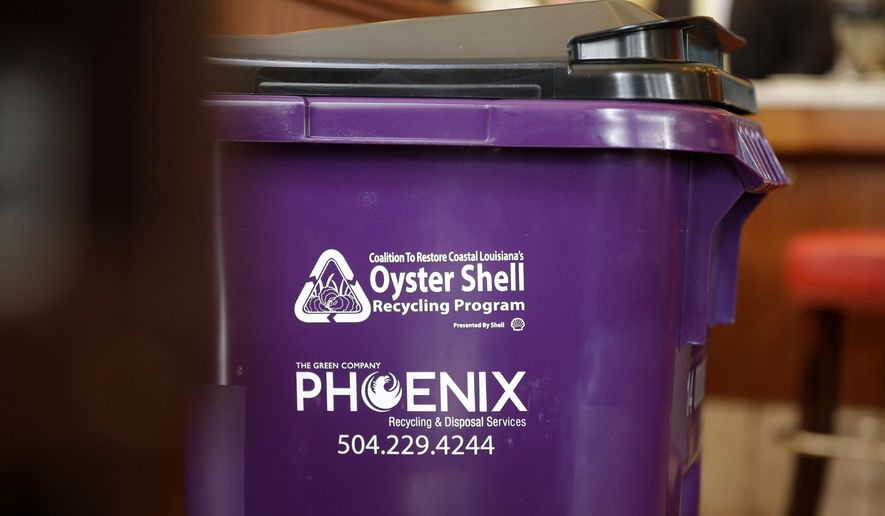OPINION:
San Francisco is a “trash free” city. We know it’s true because city fathers say so. By the year 2020, the landfills will close and the incinerators will shut down as Baghdad by the Bay, as the city loves to call itself, achieves a zero-waste lifestyle. Bay Area environmentalists are congratulating themselves.
Five years ago, the city’s Board of Supervisors decreed that composting and recycling would be mandatory for all 800,000 residents. Each householder must drag three trash bins to the curb, green for food waste, blue for tin cans and old copies of The San Francisco Chronicle, and black for “normal” refuse.
Those who fail to dig through the waste to make sure it satisfies the city will be fined $100. Woe unto him (or her) who allows an apple core or a smashed cereal box to make it into the wrong bin. Mayor Edwin M. Lee boasted two years ago that such mandates would enable the city to divert 80 percent of the city’s waste from landfills through “source reduction, reuse, and recycling and composting programs.”
However, the numbers crunchers at the FiveThirtyEight.com website examined the facts and found that San Francisco’s trash-free initiative has not freed the city from trash. Instead of reducing the trash sent to landfills, residents are producing more rubbish than ever. The city’s figures are, to put it kindly, hopelessly optimistic.
In a lawsuit, a whistleblower claims the city’s waste-management contractor had been padding its recycling numbers by trucking in chunks of concrete to be “processed.” Samantha MacBride, a professor at City University of New York, points out that San Francisco doesn’t calculate which waste is recycled, composted or sent to a landfill, the way other cities do it. If it did, the diversion rate is only 60 percent, not 80 percent, as the mayor claims.
For years, municipal curbside recycling programs have been shipping discarded plastic bottles to China for processing, but the Middle Kingdom’s “Green Fence” initiative began turning back the stuff, a million tons of the junk last year alone. Environmentalists feel good about themselves for “saving the planet” by putting the 20-ounce soda bottle in the proper blue trash bin, but everything goes in the same landfill.
So much for a trash-free society. And that’s a good thing. According to Michael C. Munger, a Duke University economist, recycling hurts the environment more than sending everything to the city dump. “Recycling, when you add on the fuel costs and pollution impact of collecting small quantities of the stuff from neighborhoods,” he says, “actually uses more energy and wastes more resources than using virgin materials.”
In Alexandria and in Fairfax and Montgomery counties, nearly 5,000 tons of municipal trash is collected and burned daily to generate electricity. Powerful magnets pull out the valuable metals to be recycled without requiring residents to engage in the bin-sorting ritual. These jurisdictions haven’t junked their curbside recycling programs, though they don’t serve much of a purpose. In San Francisco, as in other places, it’s not about actually being green, but being seen as green.




Please read our comment policy before commenting.